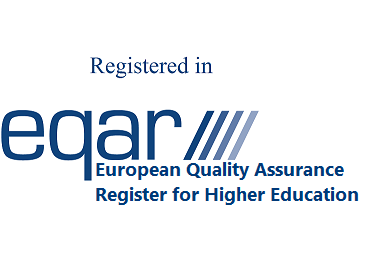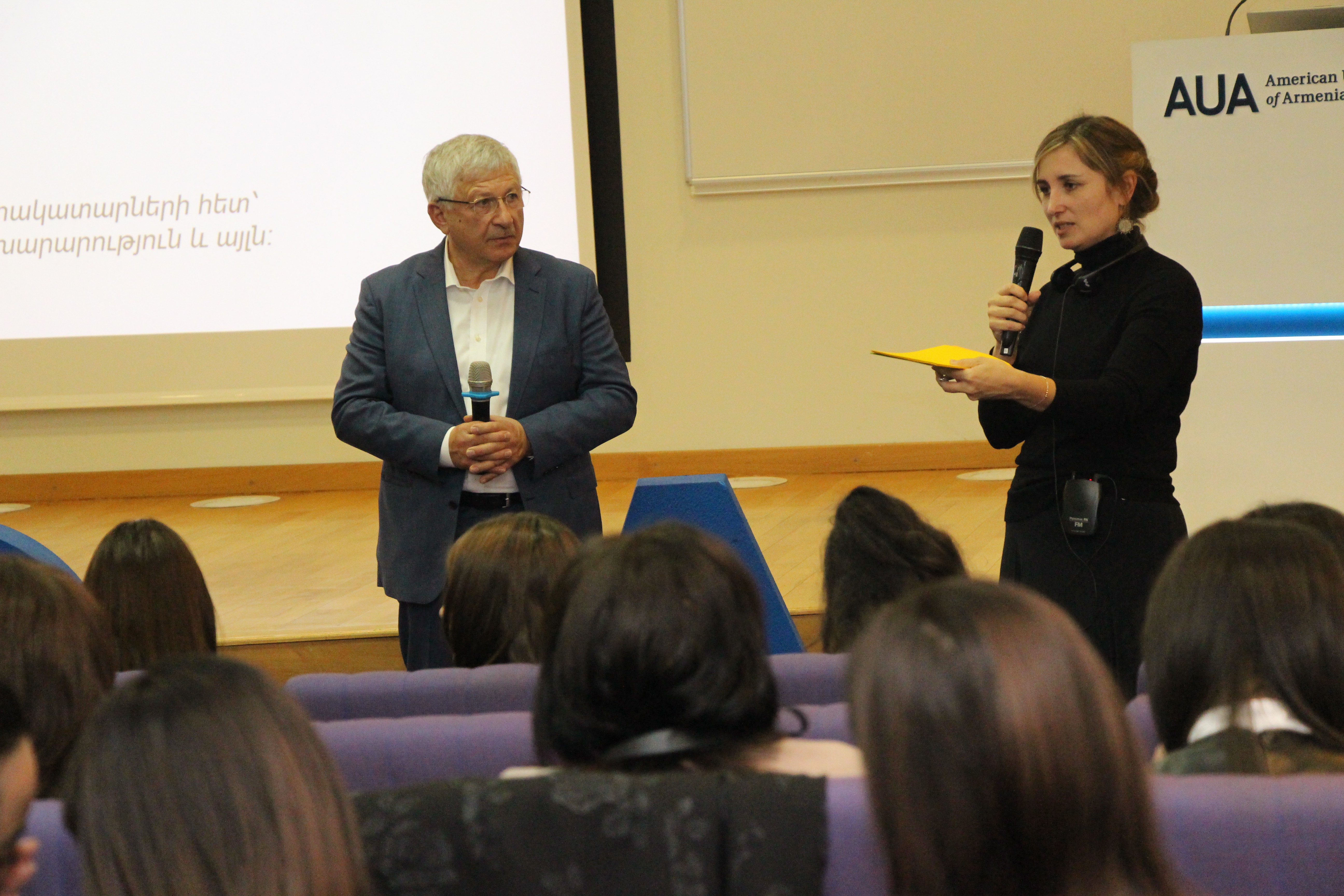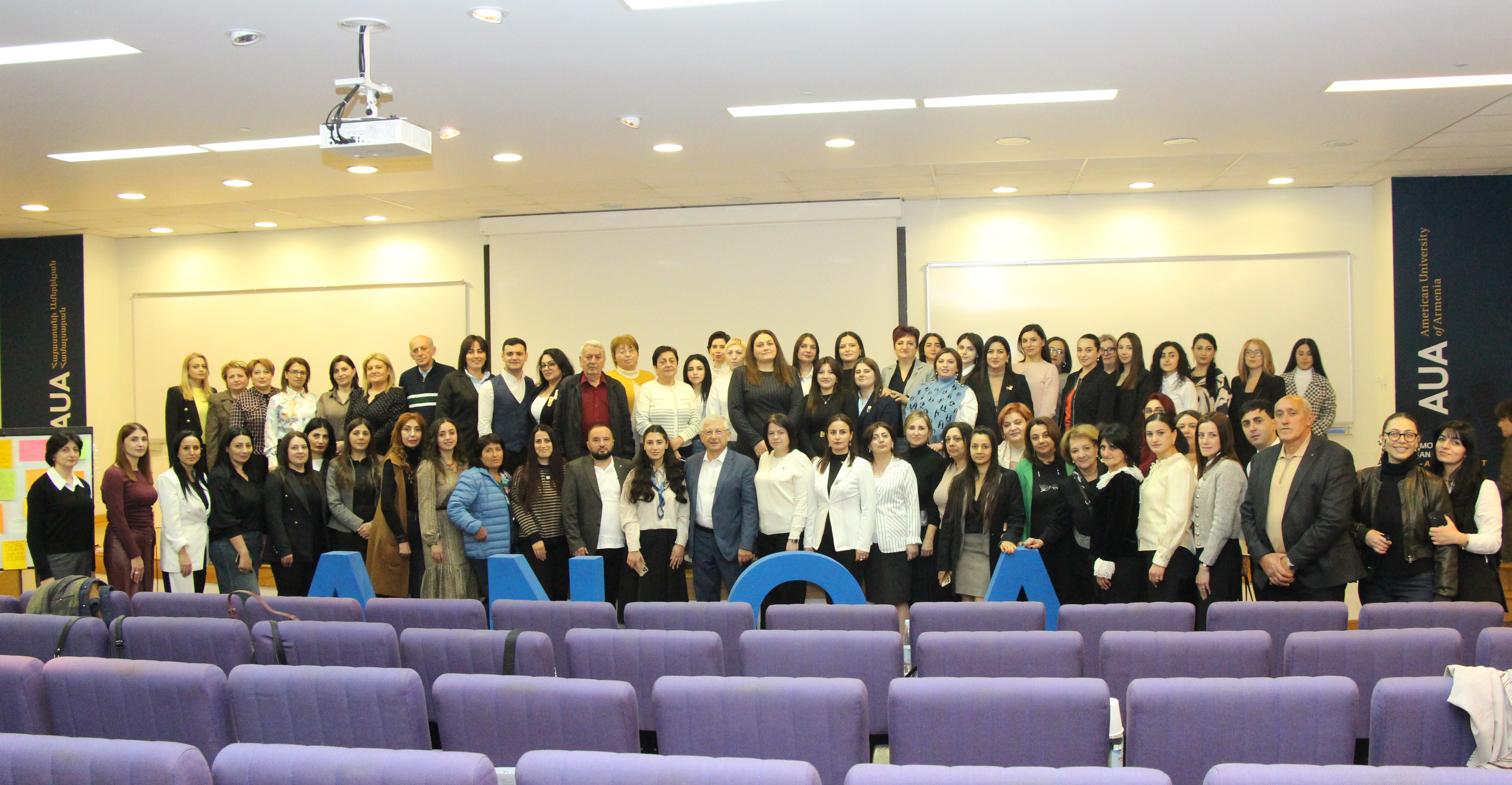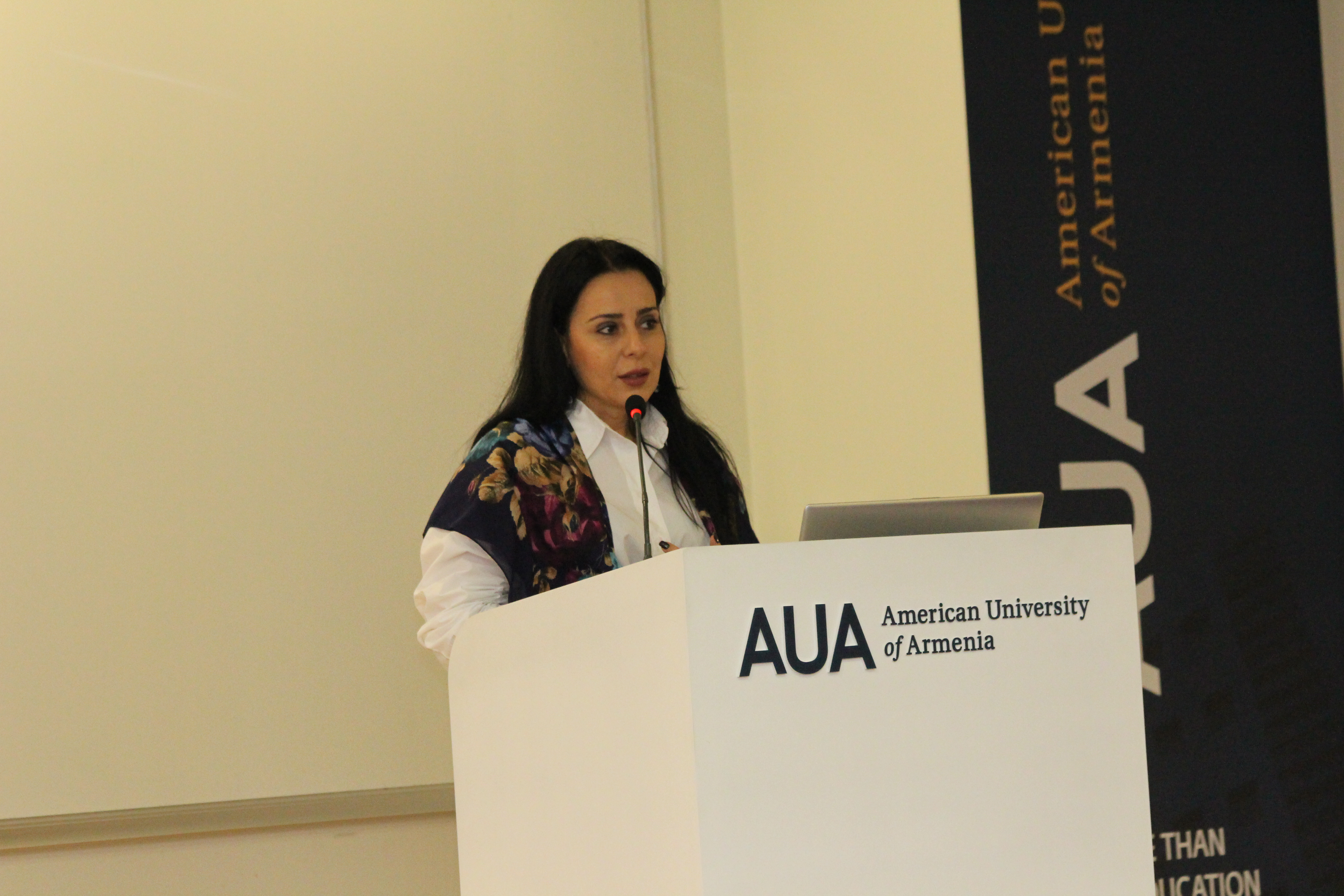A unified approach to graduate tracking in Armenia will enable the collection of comprehensive and comparable data and contribute to the enhancement of education policy.
On November 13, ANQA and the European Training Foundation (ETF) organised the workshop "Graduate tracking – what and how" at the American University of Armenia.
The workshop aimed to present the importance and implementation of graduate tracking in the enhancement processes and the policy development. The event brought together representatives from ANQA, the ESCS Ministry, HEIs and VET institutions.
Siranush Meloyan, acting head of the Vocational Education and Training Division of the RA ESCS Ministry, noted in her speech that graduate tracking is not only a subject of research interest, but also a tool for the development of state policy: "Graduate tracking is a field in which data and analysis become the basis for the design of state policy. This makes it possible to assess the direct impact of education on the development of individuals, communities, and state".
Varduhi Gyulazyan, head of ANQA’s Institutional and Programme Accreditation Division, highlighted the importance of a unified approach to graduate tracking within the European Education Area: "The ETF methodology has been applied in a number of countries, becoming an effective tool for education policymakers. This practice offers Armenia an opportunity to create a unified approach for coordinating data collected from HEIs and VET institutions".
Ruben Topchyan, ANQA’s director, noted that graduate tracking provides HEIs and VET institutions with practical data for enhancement: "Today we are examining tools that will help us establish a culture of graduate tracking in Armenia and ensure its systematic implementation. It is important to study graduate pathways: the most sought-after fields and the skills acquired after graduation".
Eva Jansova, the workshop’s keynote speaker and ETF expert, shared the EU countries’ practice in graduate tracking. According to Eva Jansová, graduate tracking systems not only provide insight into graduates’ employment rates but also help anticipate labour market trends, supporting the alignment of academic programmes with skills demand.
Ms. Jansova highlighted the importance of key data collection strategies, including the use of surveys, the integration of educational and social registries and the clear division of responsibility at both state and institutional levels. Ms. Jansova pointed out that Poland, the Netherlands, and the Czech Republic offer best practices in graduate tracking to evaluate the effectiveness of academic programmes and measure labour market demand for various professions.
The event also addressed the principles for developing a graduate tracking roadmap in Armenia, aiming to lay the foundation for data-driven education policy.
This initiative is part of the ongoing cooperation between ETF and ANQA, designed to foster a culture of data-driven decision-making process in the education sector.





